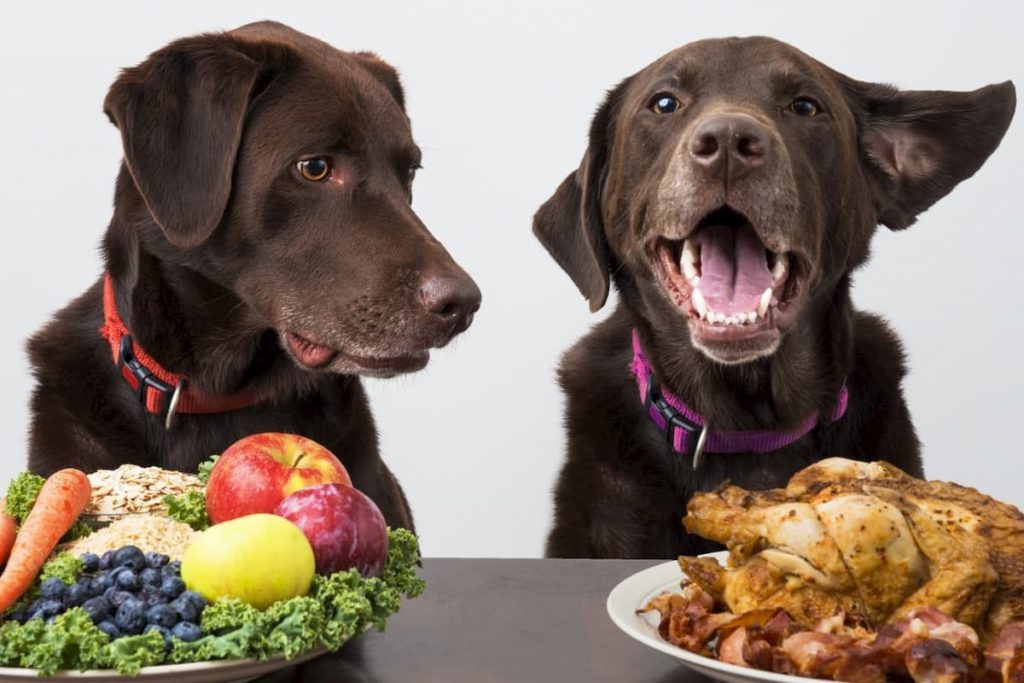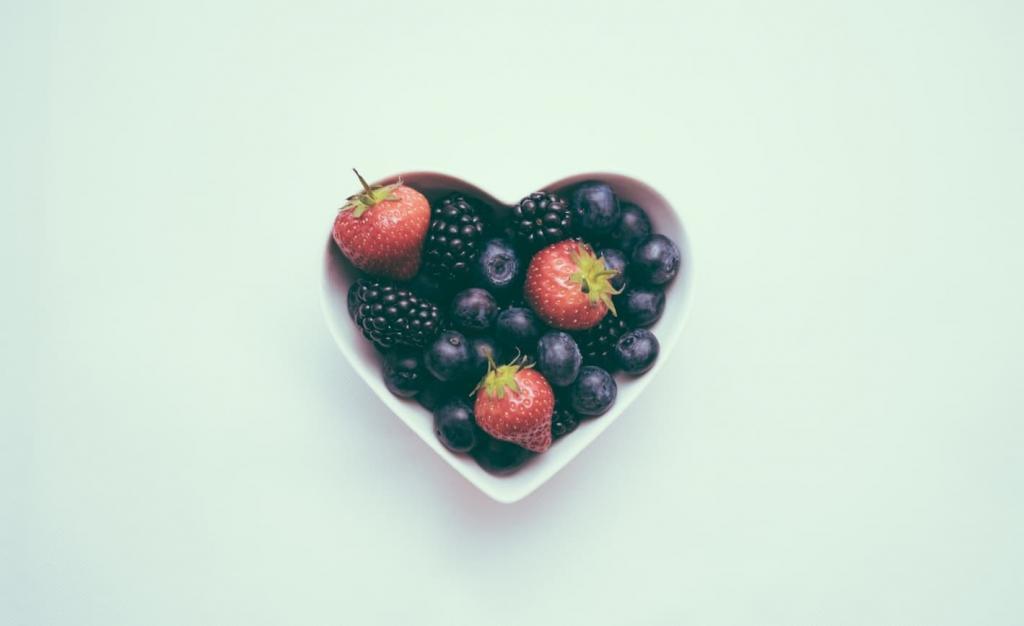
Veganuary: it’s the phenomenon of the month. The premise is in the name, a January where people are pledging to ditch the animal-based products in their diet and try going vegan for the month.
It might seem like just another trend that millennial’s are adopting, but then who can ignore the appeal of a world where we don’t have to rely on eating our animal friends for a balanced diet? On the other hand, we live in a world where everyone is trying to sell you something, especially in January- where new year’s resolutions play into the hands of the diet industry and fitness fanatics, can we consider the vegan industry as an extension of this? Here are my reasons for joining the trend, but also why I’ll be approaching my new diet with a level head.
It’s all about the animals
The UK often prides itself as a nation of animal-lovers, which somehow feels counter-intuitive due to the millions of animals that are bred in captivity and killed for food. According to Animal Aid, this number is as drastic as 1,000 million animals each year, which amounts to about 2.7 million every day.[1] Whilst we all find comfort in terms like ‘grass-fed’, ‘organic’ and ‘free range’ there’s enough information out there to prove our consumption of meat and dairy is unsustainable.
The term ‘Free-range’ in particular has come under scrutiny in recent years. High demand means animals are packed into cages not dissimilar from battery cages. Such conditions mean mortality rates are high due to the spread of disease and animals are manipulated to produce the largest amount of produce possible, with dairy cows being a prime example. They produce ten times as much milk than their calves could consume, and their bodies are pushed to the limits meaning that they are likely to suffer chronic health conditions and deformities in later life.[1]
Another example is the egg industry, and what you might not realise is that every year 200 million male chicks are killed simply because they are not useful for egg production or will not grow big enough for meat consumption.[2] These chicks are not killed humanely; typical methods of slaughter include suffocation or grounding them alive in industrial macerators. I don’t know about you, but that’s enough to put me off ordering poached eggs on toast for breakfast!

Eat Greens to be Green (Environmental impacts)
Apart from an animal ethics standpoint, there’s the argument that animal produce in such large amounts is simply not sustainable for us, or our planet. The United Nations Environment Programme (UNEP) stated that ‘our use of animals as a food-production technology has brought us to the verge of catastrophe, naming it ‘the world’s most urgent problem’ in 2018.[3]
Beef production has more than doubled since the 1960’s according to reports by the Food and Agriculture Organisation of the United Nations (FAO). Breeding tactics have also meant that the animals are getting larger, with weight increasing by 20-30 percent in this time period. This means that more natural resources are required to sustain these industries (which quite frankly isn’t sustainable for our planet). [4] As a result, these efforts have been linked to desertification, deforestation and poor soil quality, not to mention taking away the natural habitat of certain animals which could impact the survival of certain species.
But is there any benefit of one individual taking up a vegan diet? Well, according to recent research it may be the single most beneficial way to reduce your environmental impact on the earth.[5] A University of Oxford study found that cutting animal produce out of your diet could reduce your individual carbon footprint by up to 73 per cent. If everyone took this route, global farmland use could be massively reduced by 75 per cent, equivalent to the size of the US, China, Australia, and the EU combined.

The Individual Challenge
Another reason I’m taking on Veganuary is purely out of curiosity. I want to see how I get on with a vegan diet: if it feels restrictive, if it gives me more energy and if it makes me more conscious of certain issues. I’ll be closely monitoring my vegan journey to see how it makes me feel, if it fits with my lifestyle, if it saves or adds to my food shop bill. Because who knows what can happen in a month?
Why health didn’t make the cut
Much of the resounding cries about health and veganism have come from the rise of plant-based advocate documentaries, with Cowspiracy in 2014, What the Health in 2017 and The Game Changers in 2018. While certain research inevitably does point to the health benefits of a vegan diet, some of the bold claims in these documentaries can be exaggerated. Even Vegan dietitians have criticised the fear-mongering approach several of these narratives take. Speaking about the documentary ‘What the Health ‘ Virginia Messina writes that much of the research highlighted in this documentary was ‘cherry-picked’ and ‘misinterpreted’.[6]
There has been similar criticism against other pro-vegan media. It is always worth questioning where the information for health claims comes from, who it benefits and if it is beneficial for you as an individual. For instance, other articles have emerged highlighting the fears of veganism being used as a cover for food-disordered behaviours [7]. Ultimately, the vegan diet will not be mentally and physically appropriate for everyone and you can maintain a healthy diet whether you eat meat, fish or are fully plant-based.
Small Changes can make a big difference
Having a choice around food puts you in a position of privilege that is not accessible to everyone. Even making small changes like having one meat-free meal a week can have a positive impact. Other efforts include buying eggs from a local farm, where you can be aware that the chickens are being well treated. Okay, probably not a small change, but if you’re really keen you could always get yourself a pet chicken- the eggs will taste fresher and better and you’ll be happier for it! Alternatively, try our e-Surgery Veganuary Noughts and Crosses for ideas on how to incorporate small diet changes into your lifestyle.
Still not convinced your individual diet can make a difference?
Veganuary have produced some useful statistics on how not eating meat and animal produce can over a sustained period of time can lead to tangible results. In a lifetime, it is estimated that each meat-eater will have eaten more than 7,000 animals over the course of a lifetime. They point to the economic rule that increased demand increases supply and similarly the opposite can be said if demand decreases, supply must inevitably follow. In 2016, sales of fresh meat were down by £328 million in the UK alongside a £54 million decline in fresh milk and other dairy produce [8] . So why not give one month a try?
Sources
[1] Going Vegan for the animals | Animal Aid
[2] Veganism and Animal Rights | NAVS: North American Vegetarian Society
[3] Tackling the World’s Most Urgent Problem | UN Environment Programme
[4] This is Why going Vegan is Better for the Environment | LiveKindly
[5] Veganism is ‘single biggest way to reduce our environmental impact’ | The Independent
[6] A Vegan Dietitian reviews ‘What the Health’ | Vegan.com
[7] The dark side of veganism: How the diet can be a cover for disordered eating | The Independent
[8] One person going vegan won’t make a difference, will it? | Veganuary
Further Reading
- The Vegan Diet | NHS
- Carbon Footprint Calculator | WWF
- 50 Ideas For Shrinking Your Carbon Footprint | climatecare
- Meal Planning | The Vegan Society







